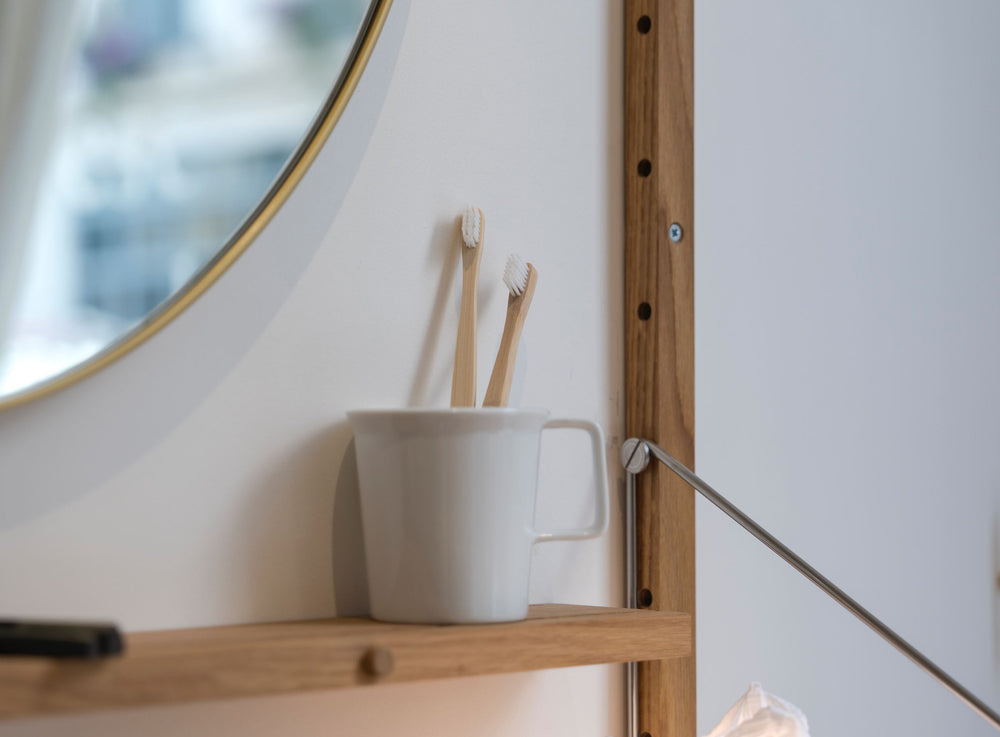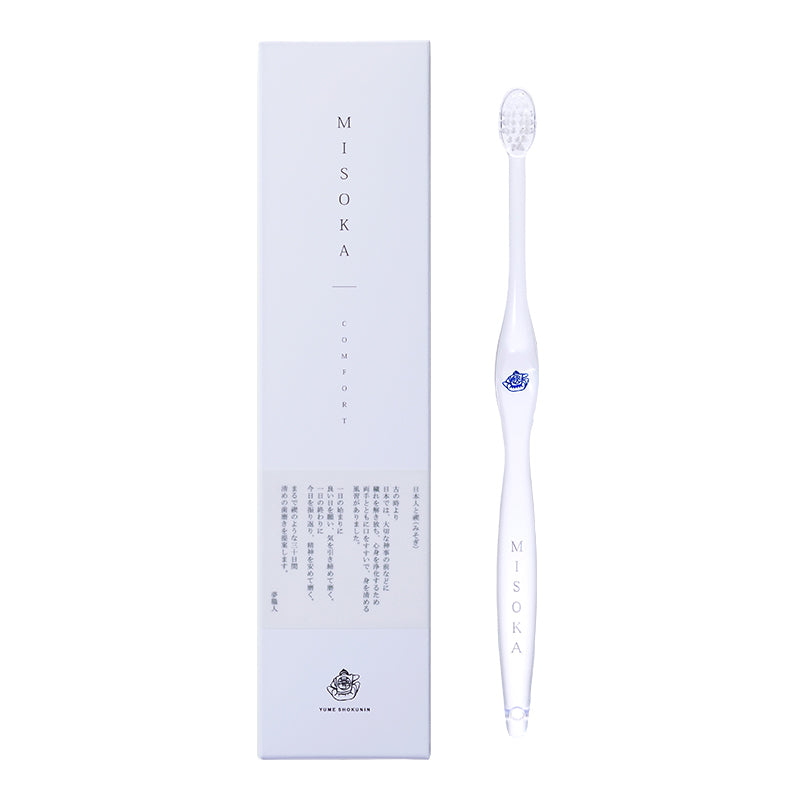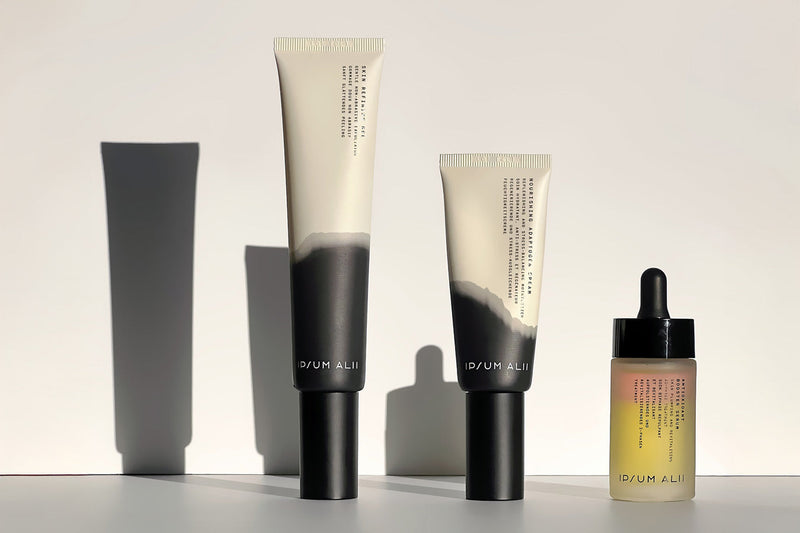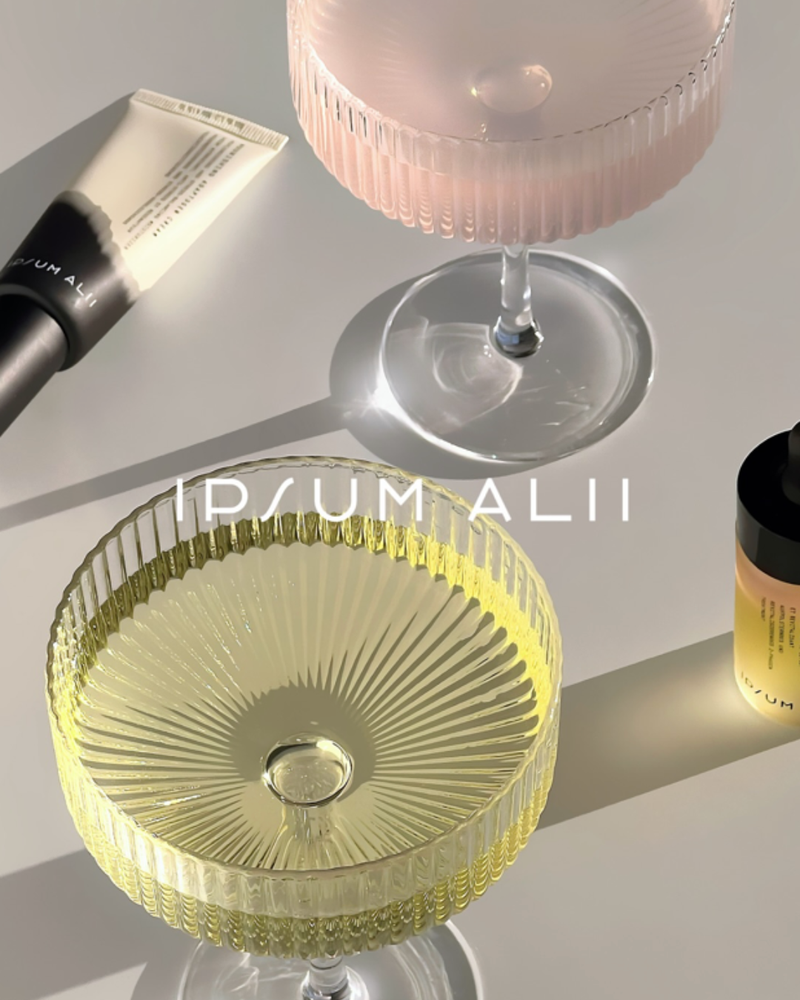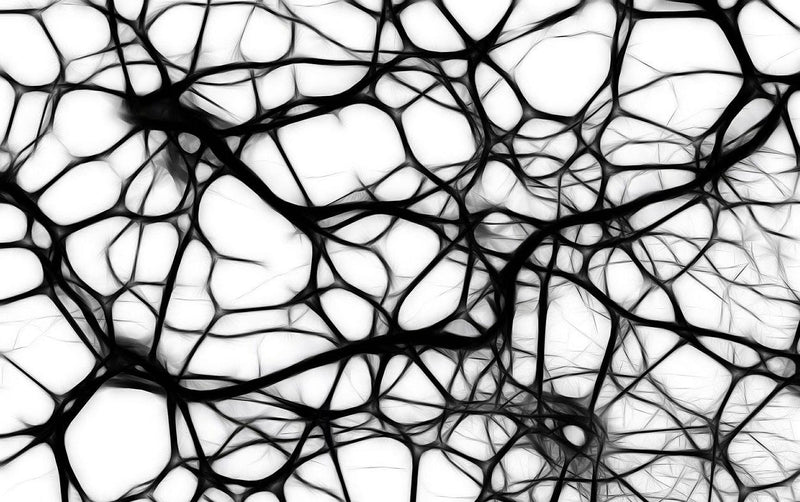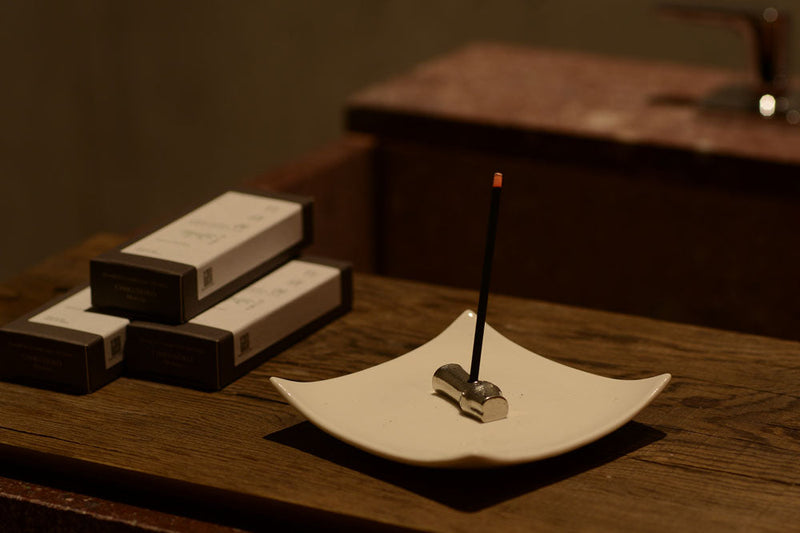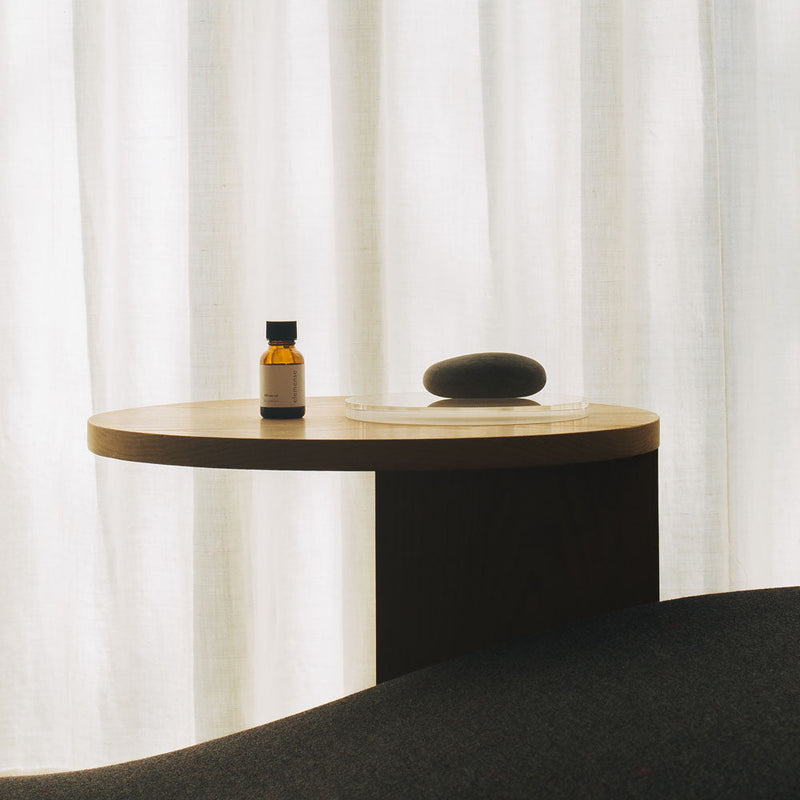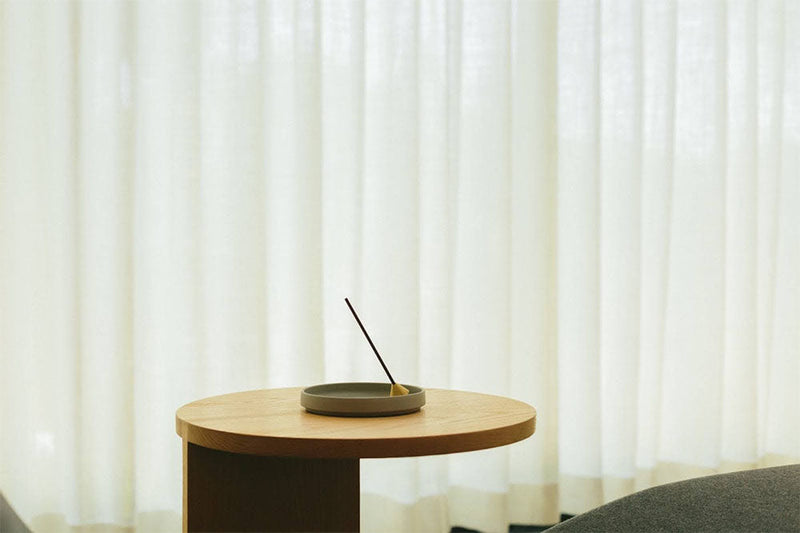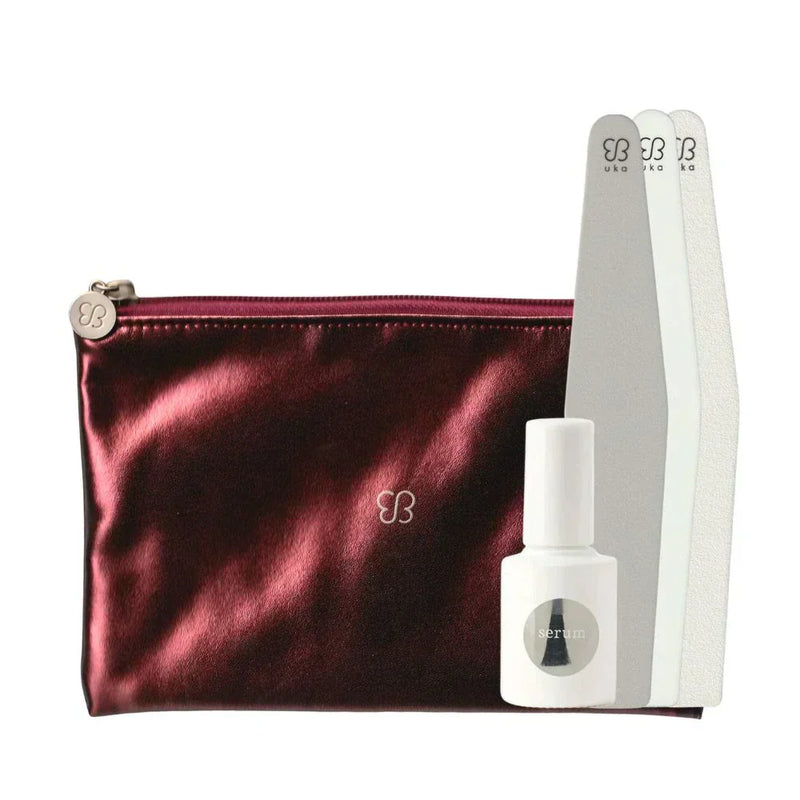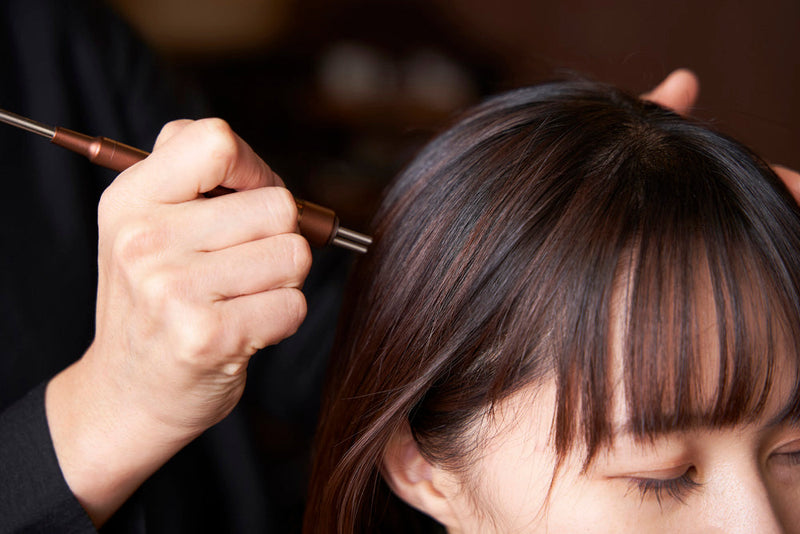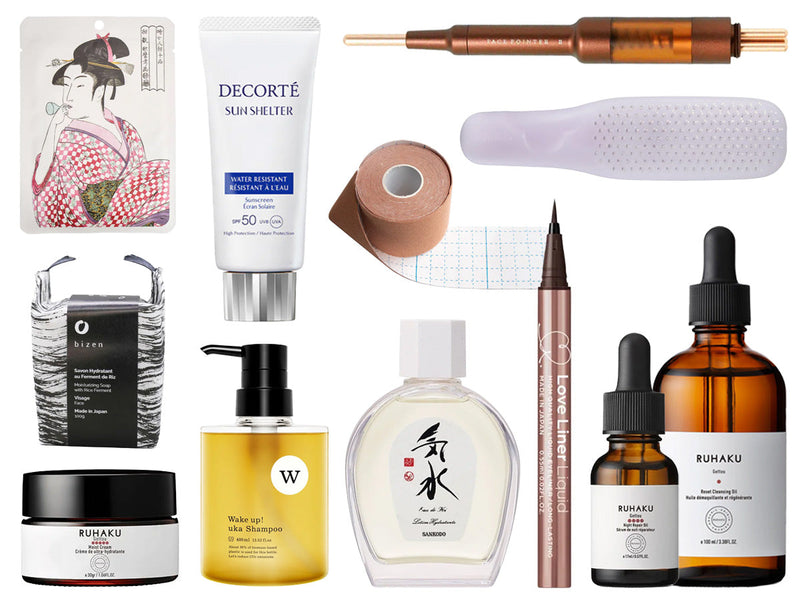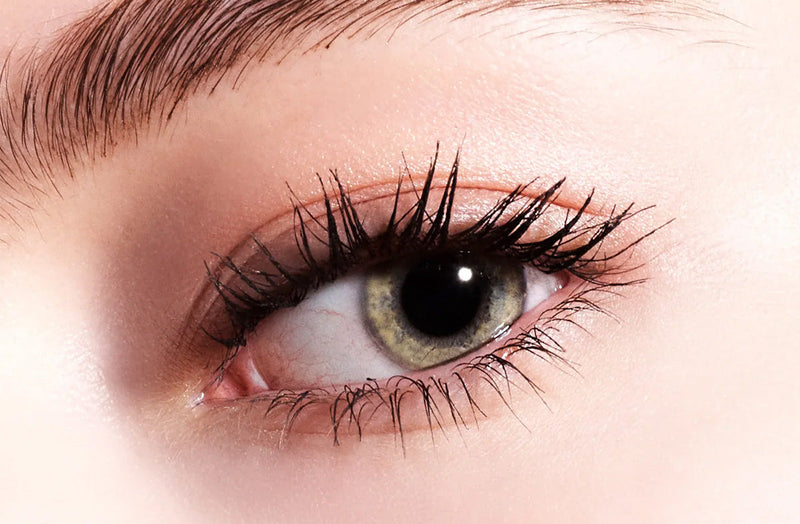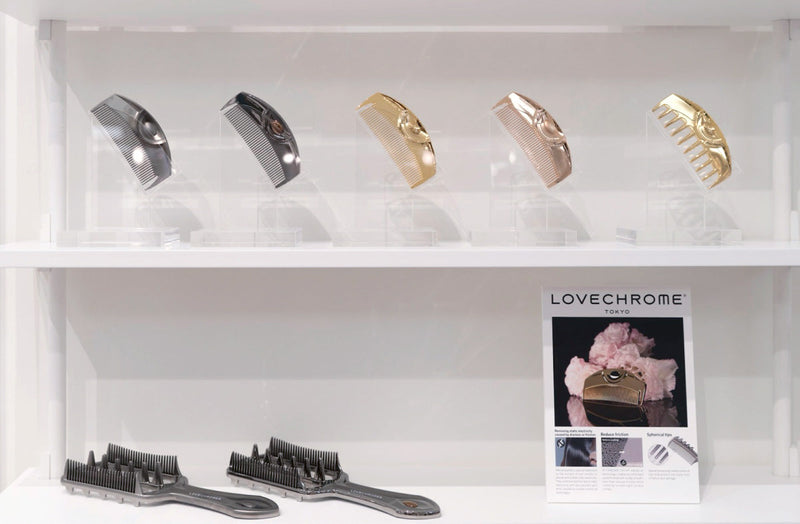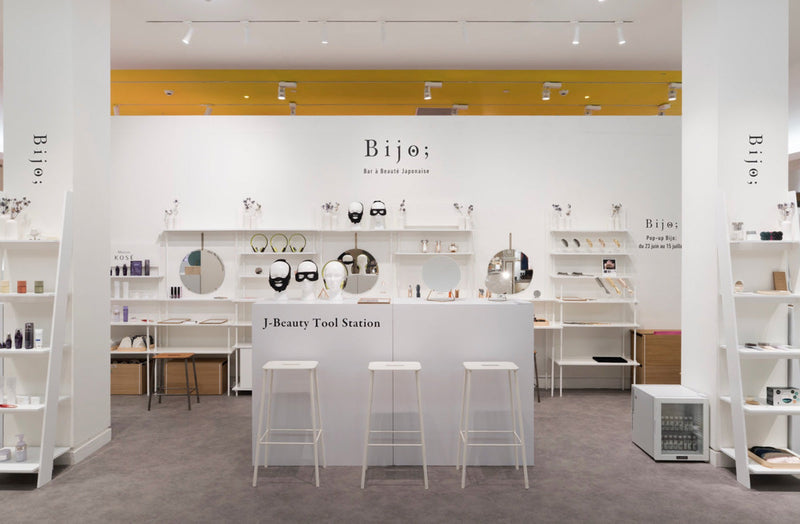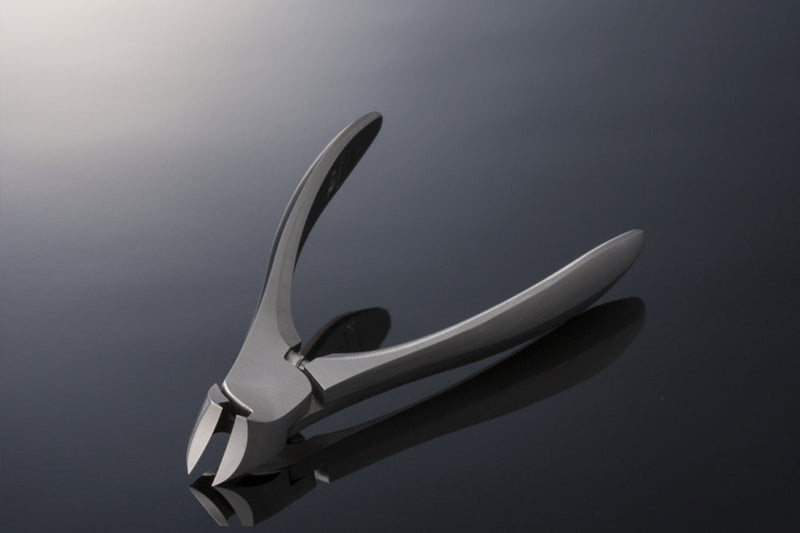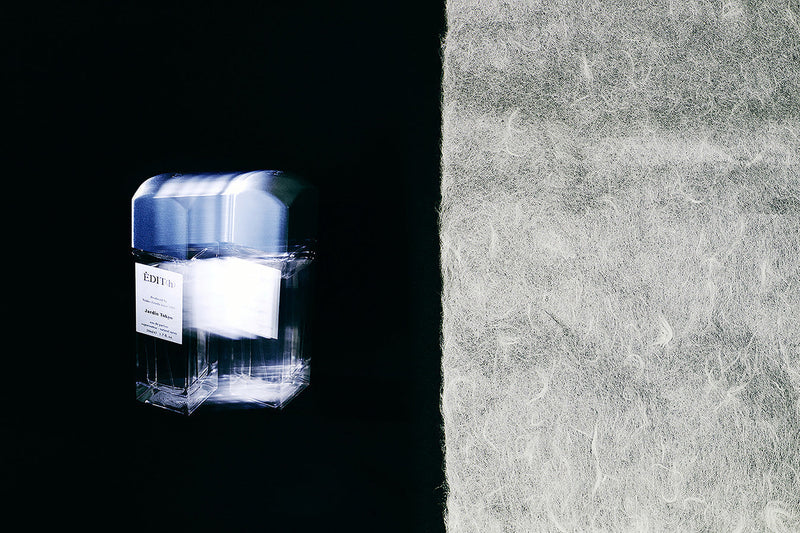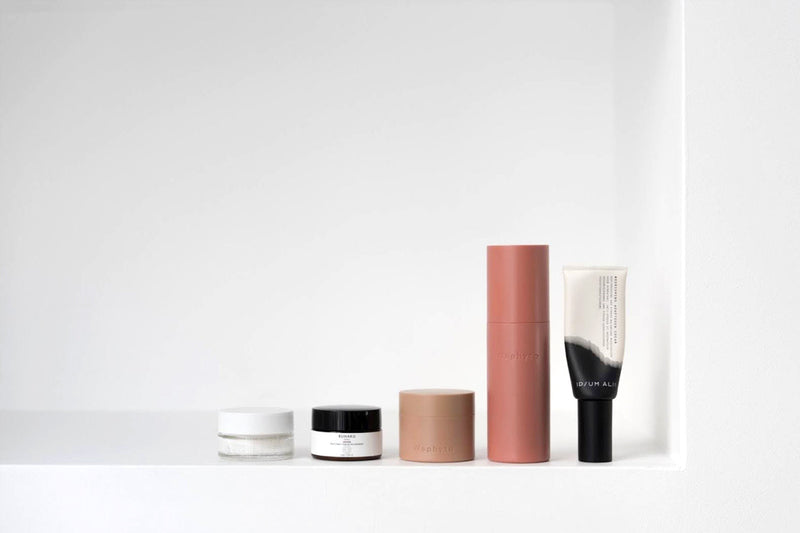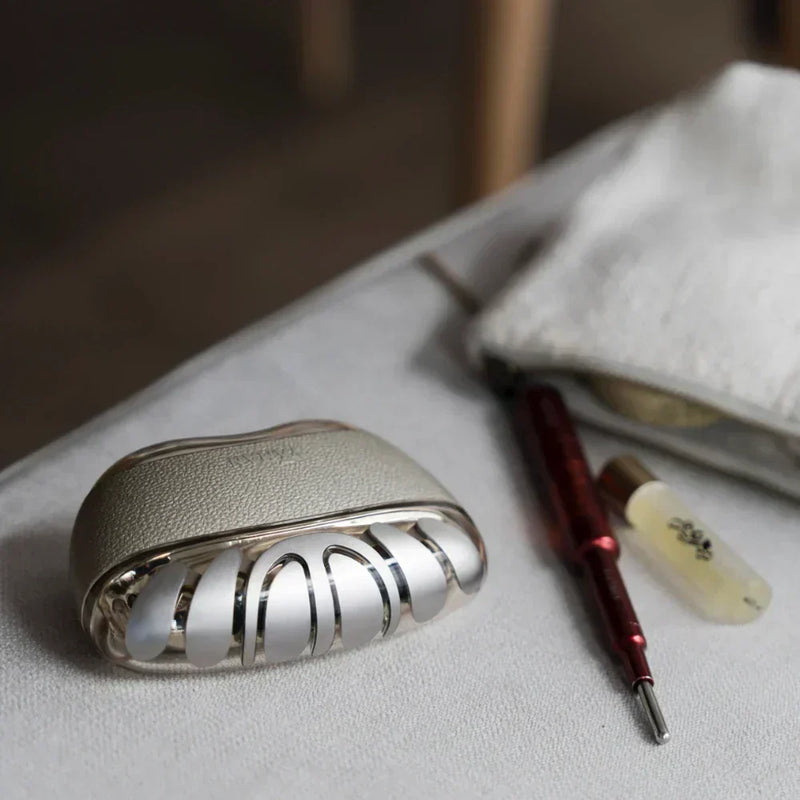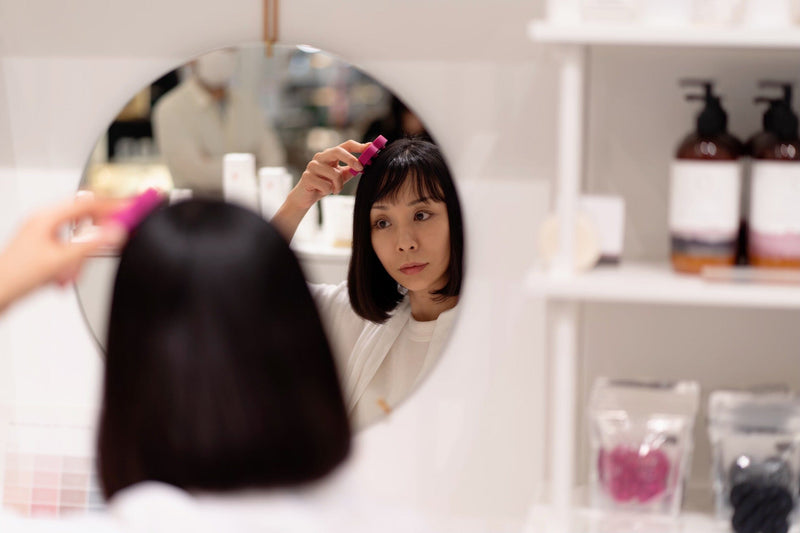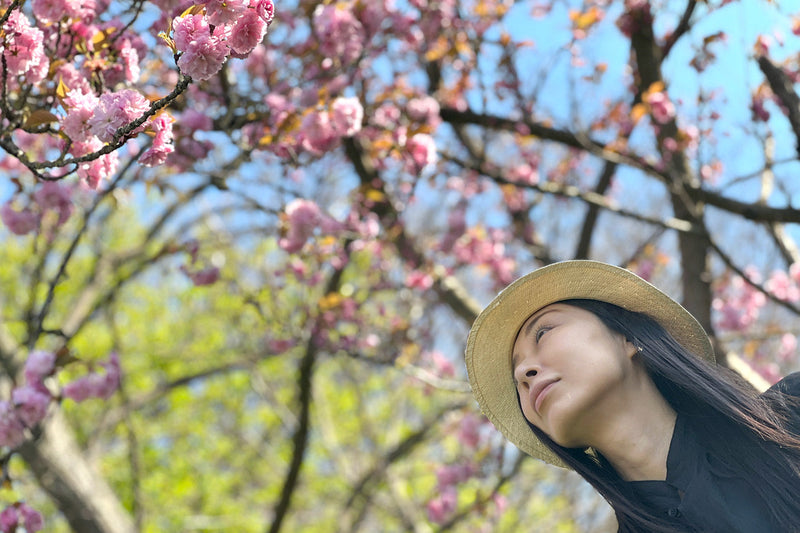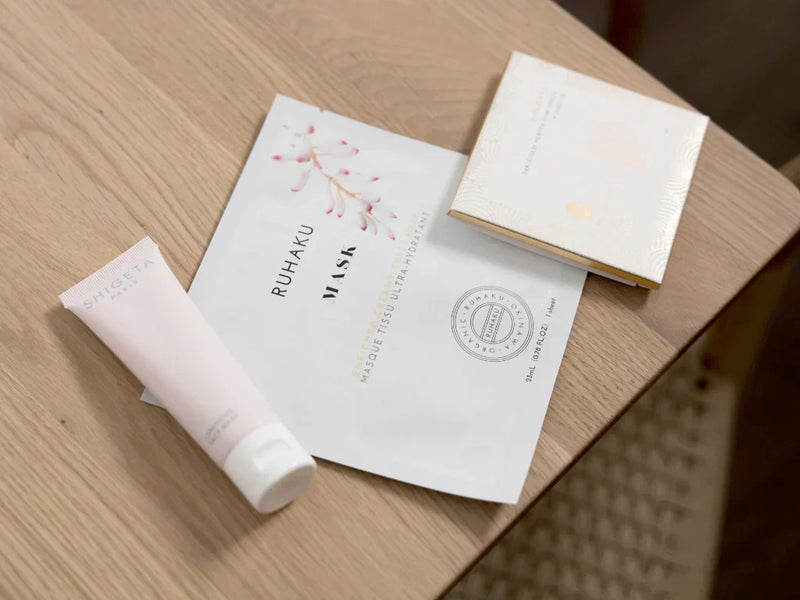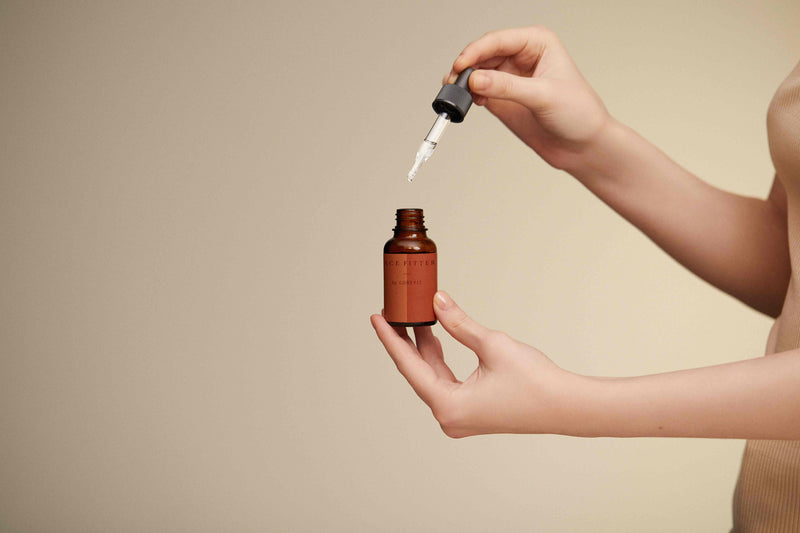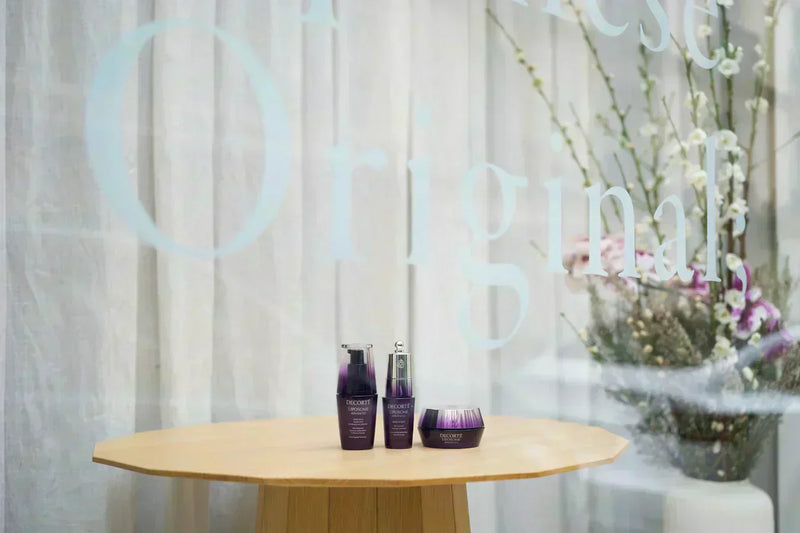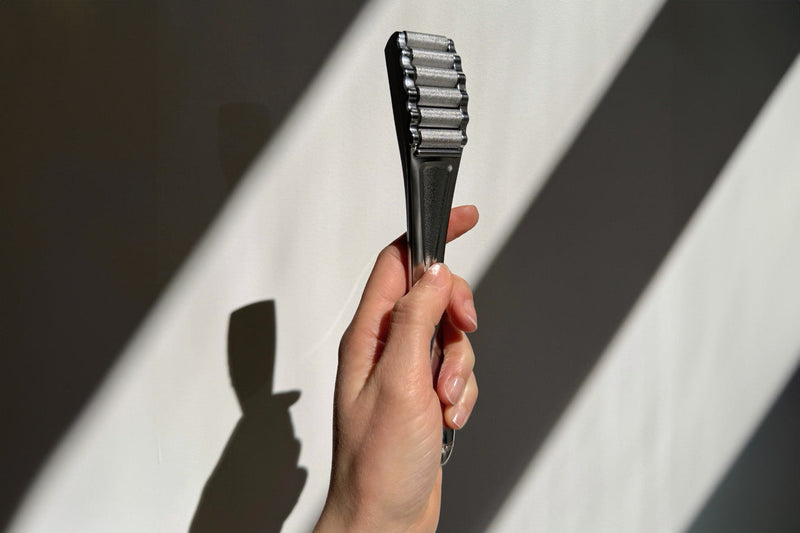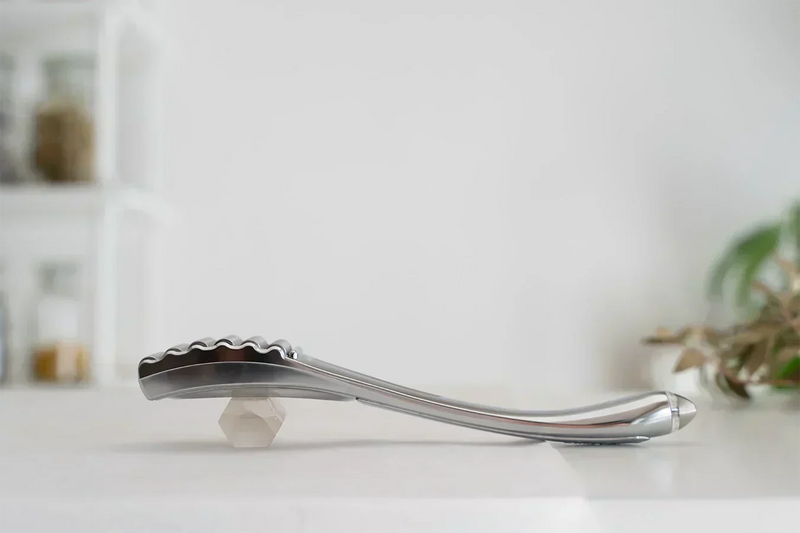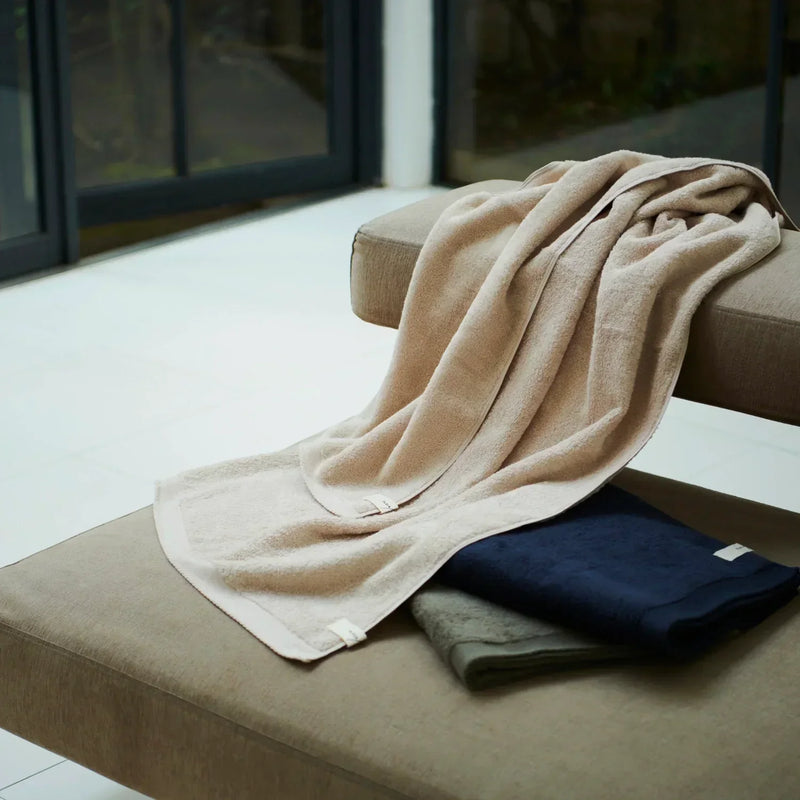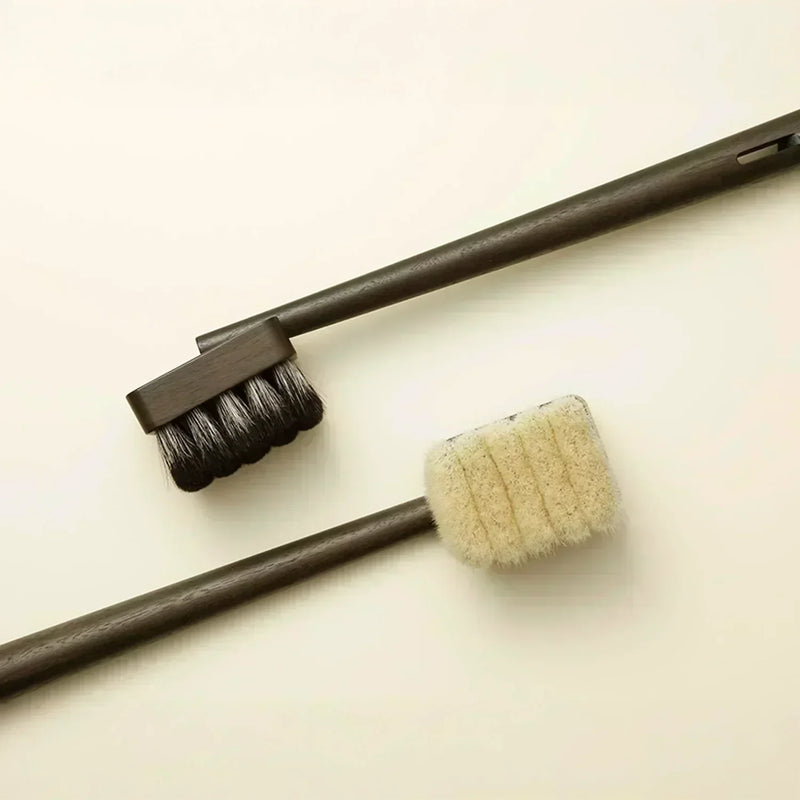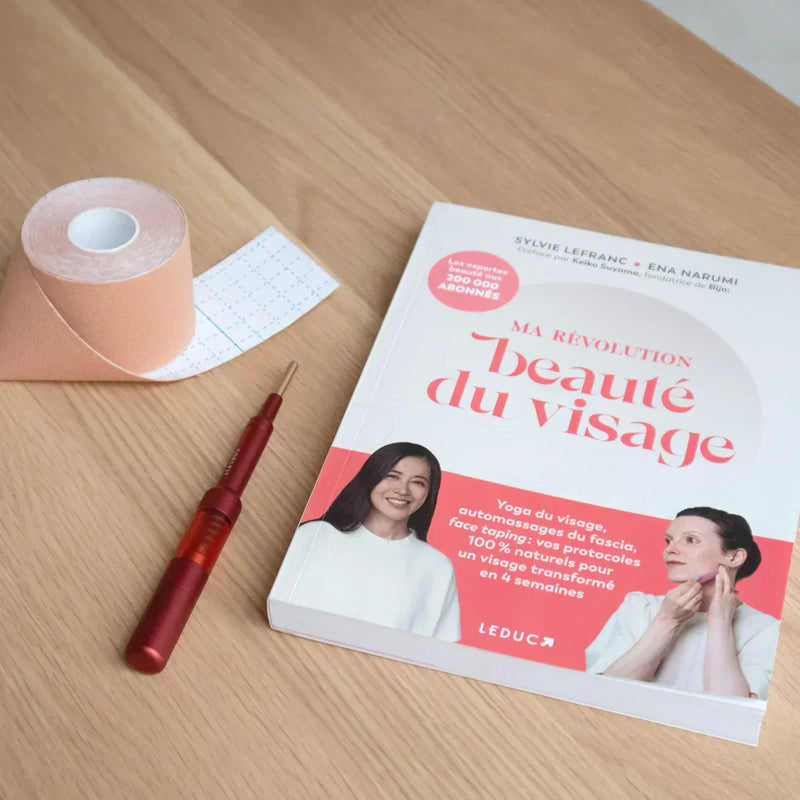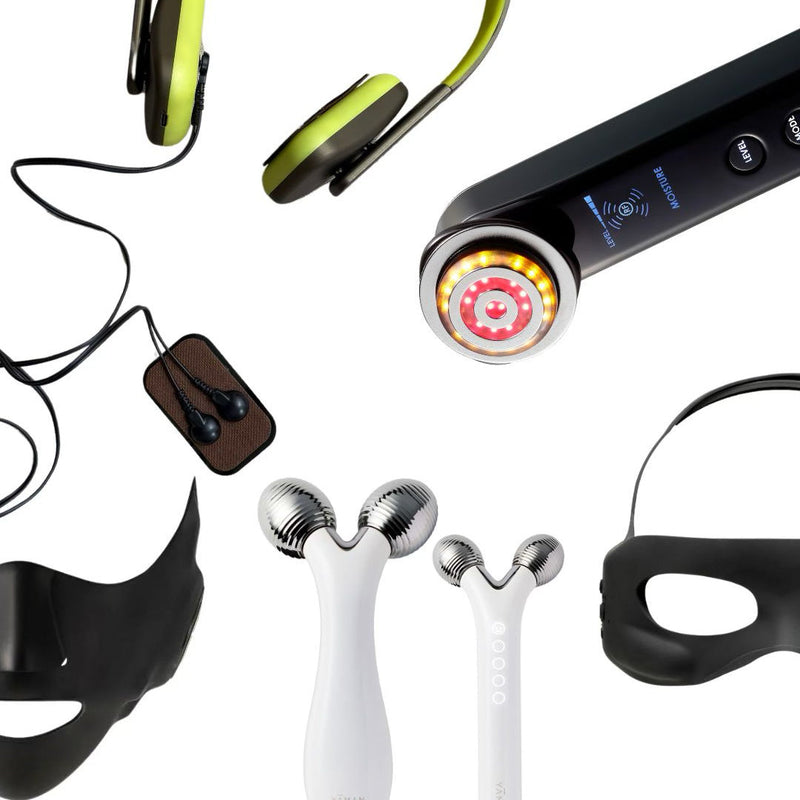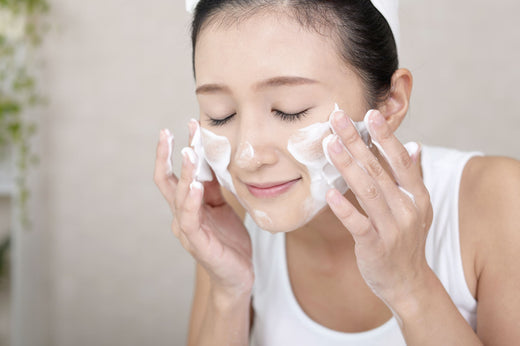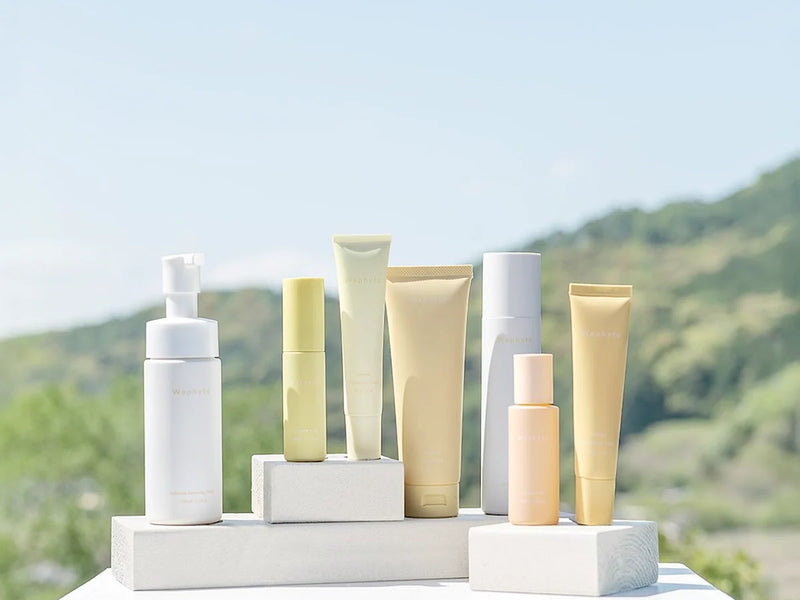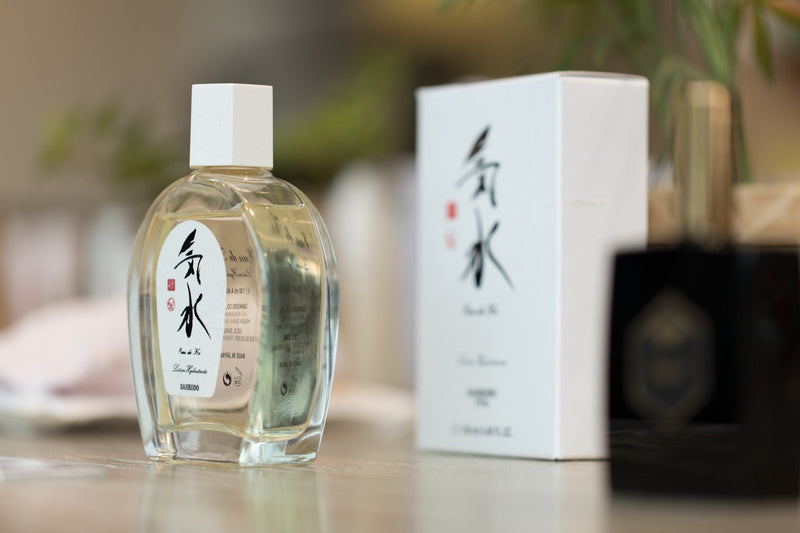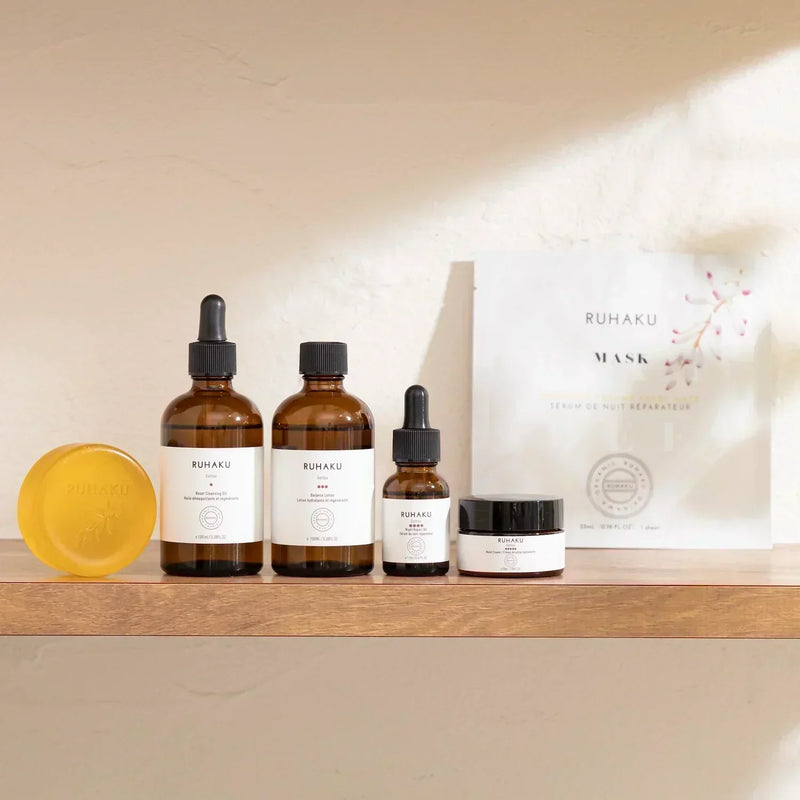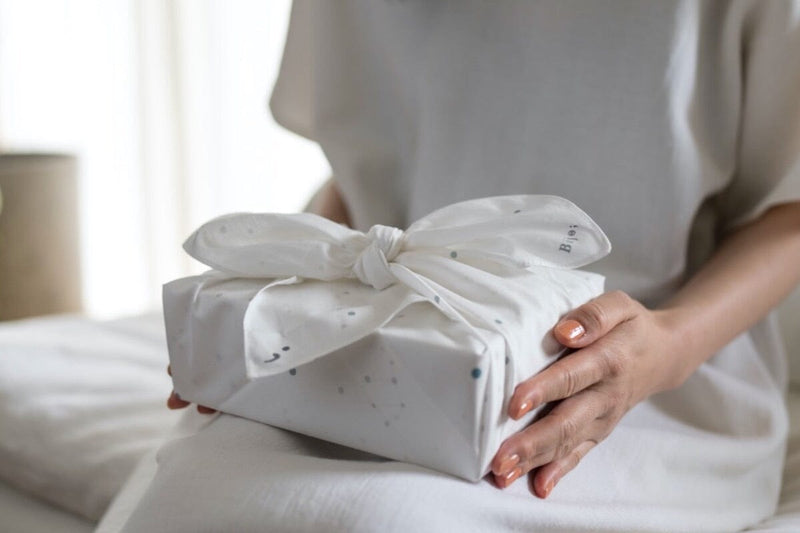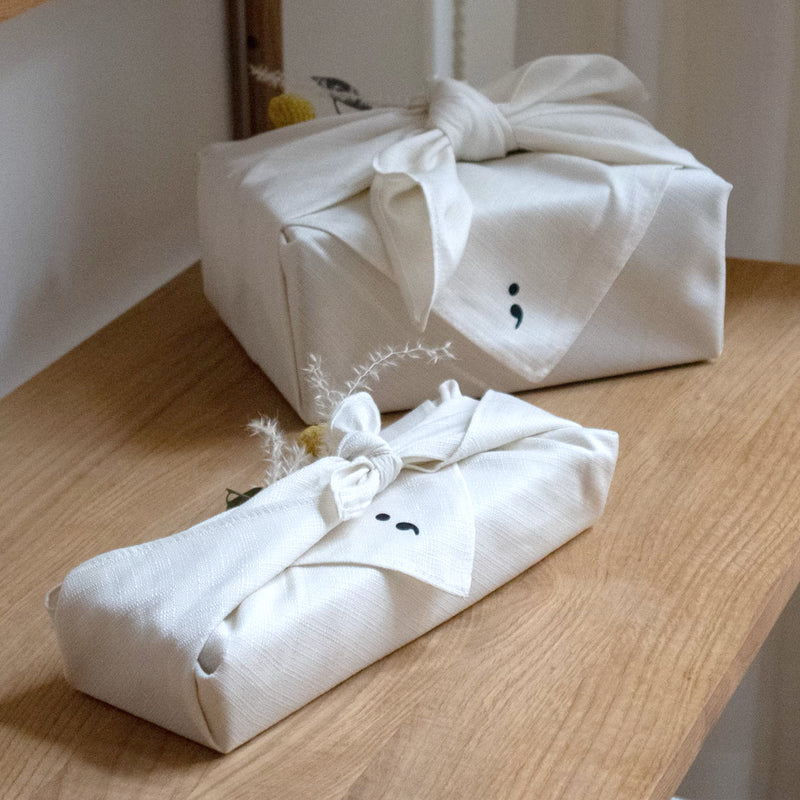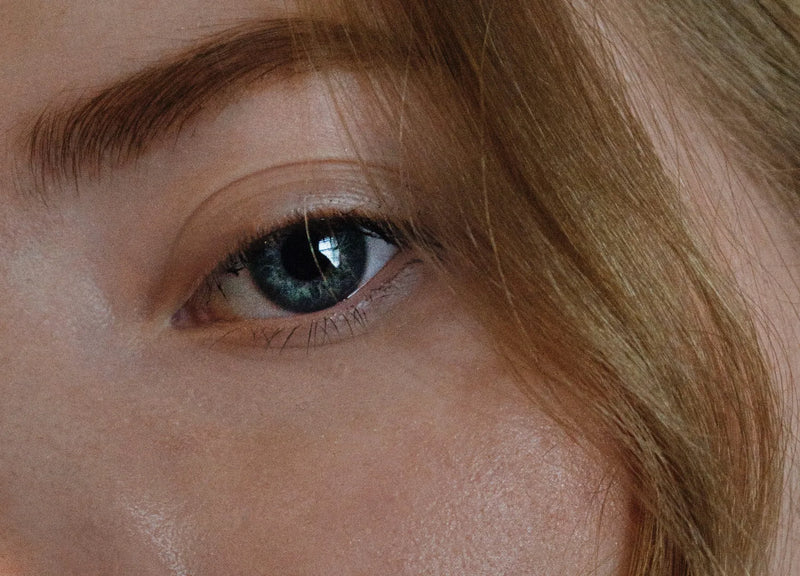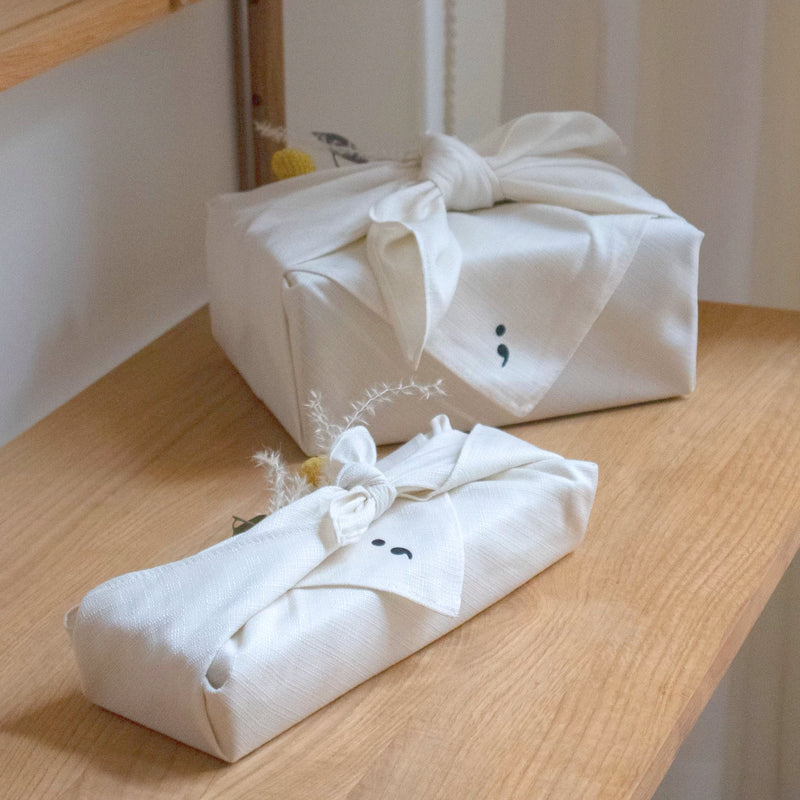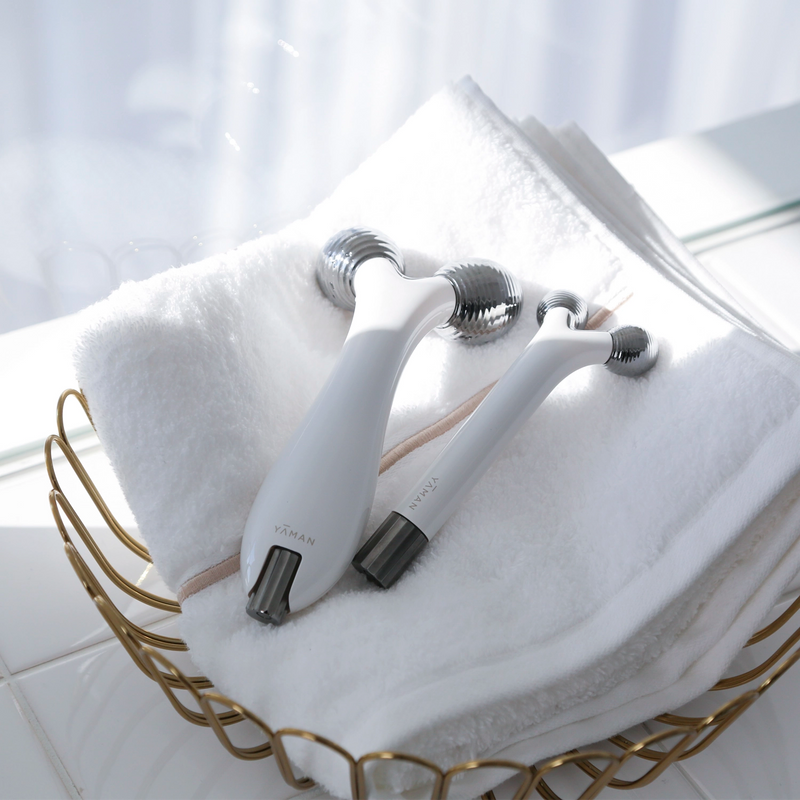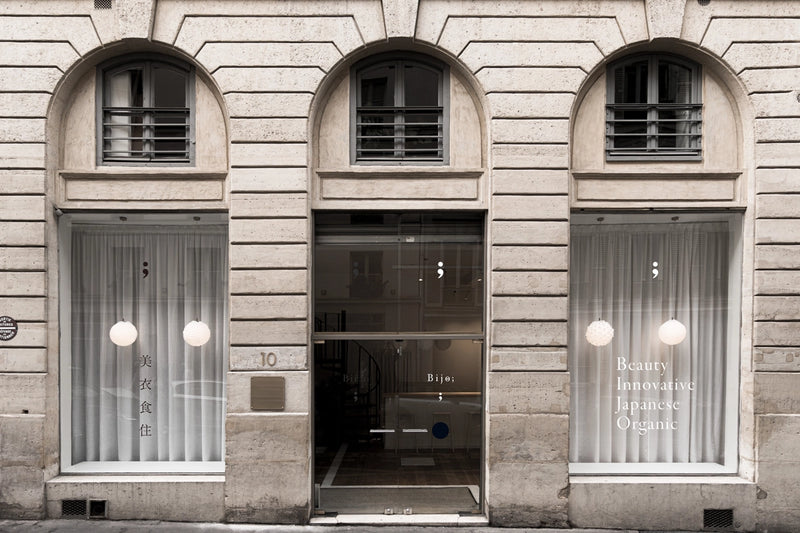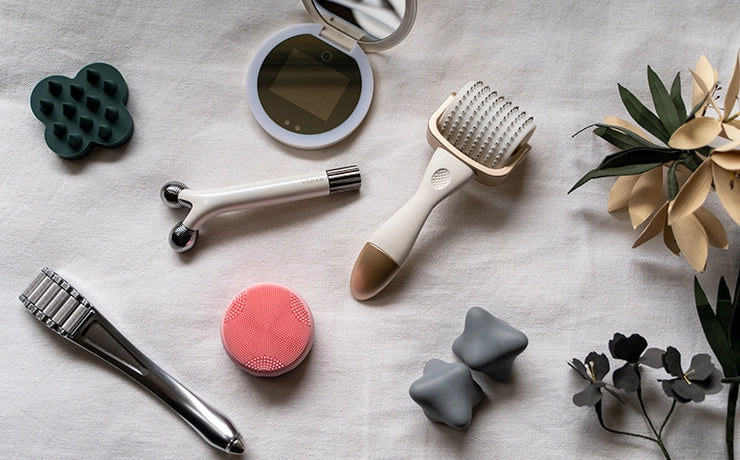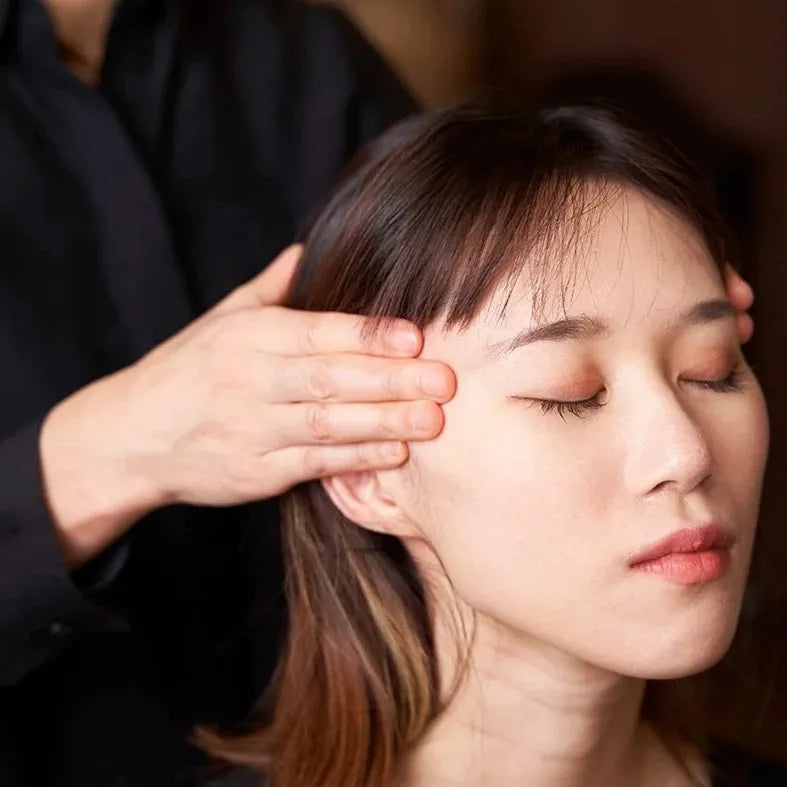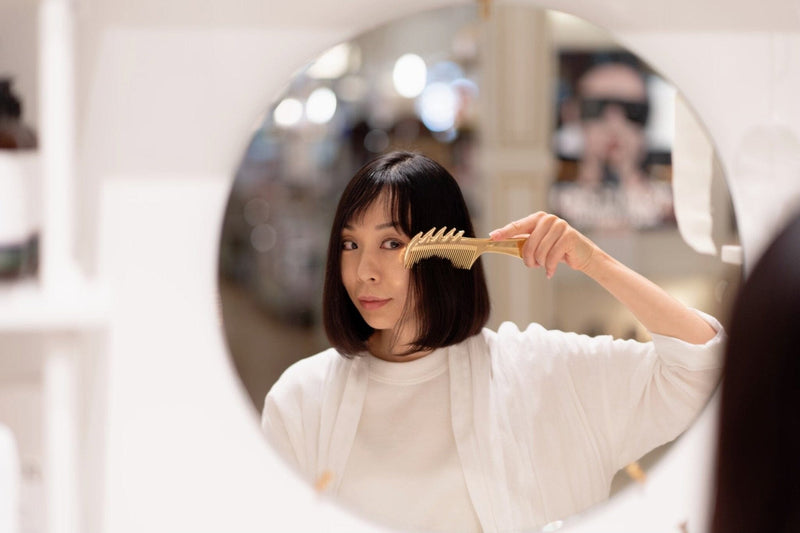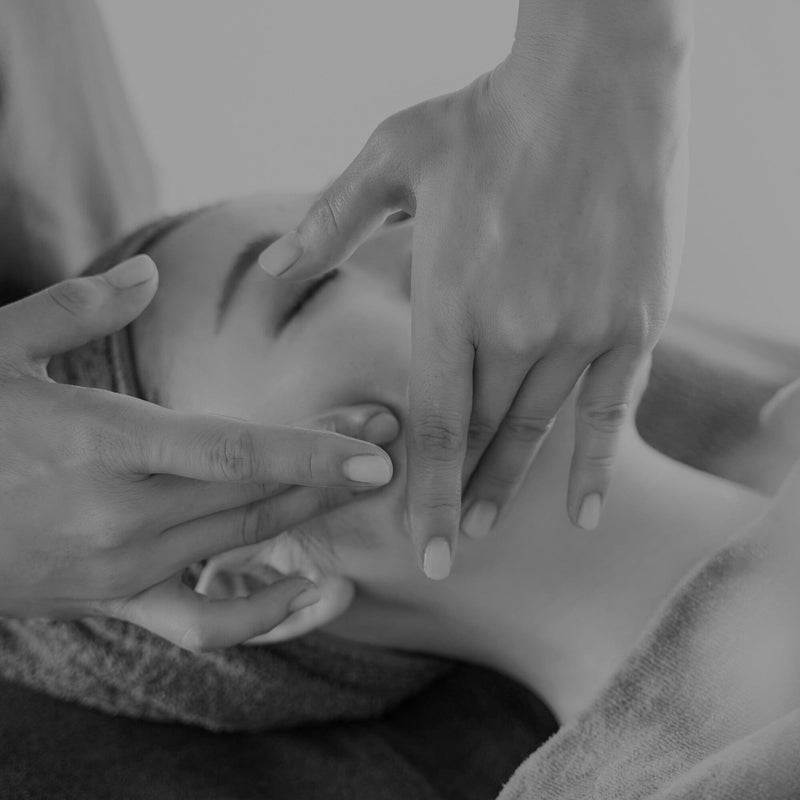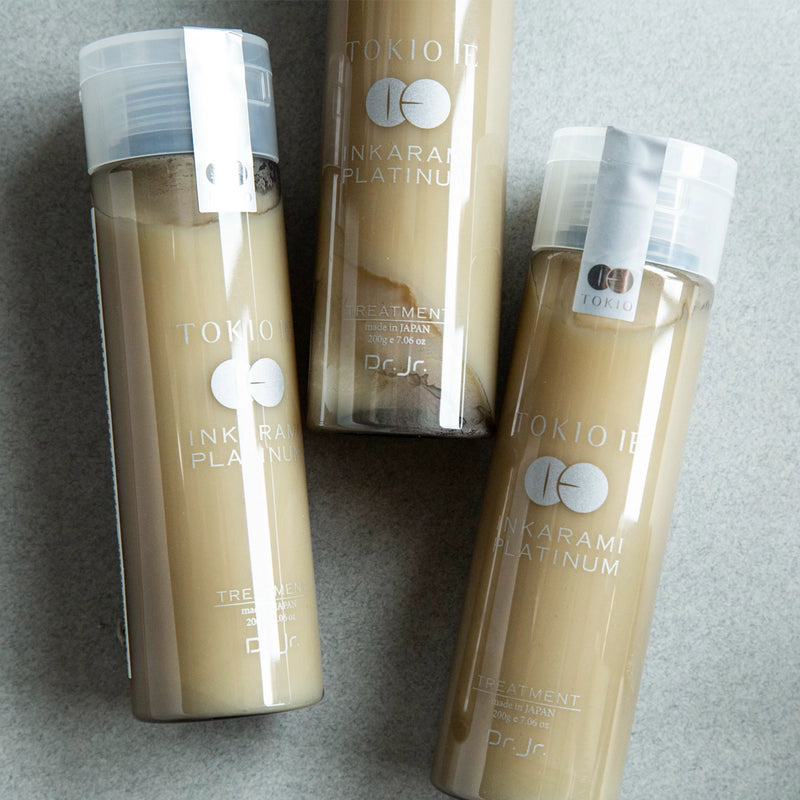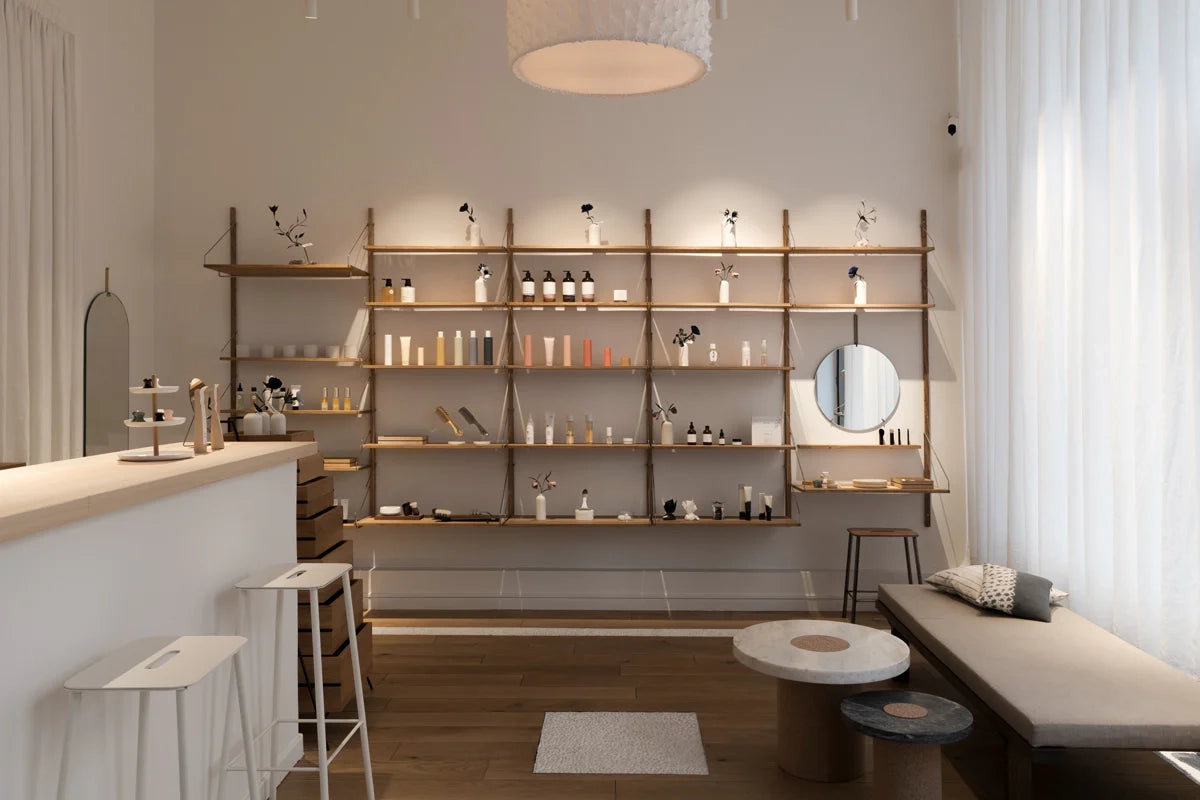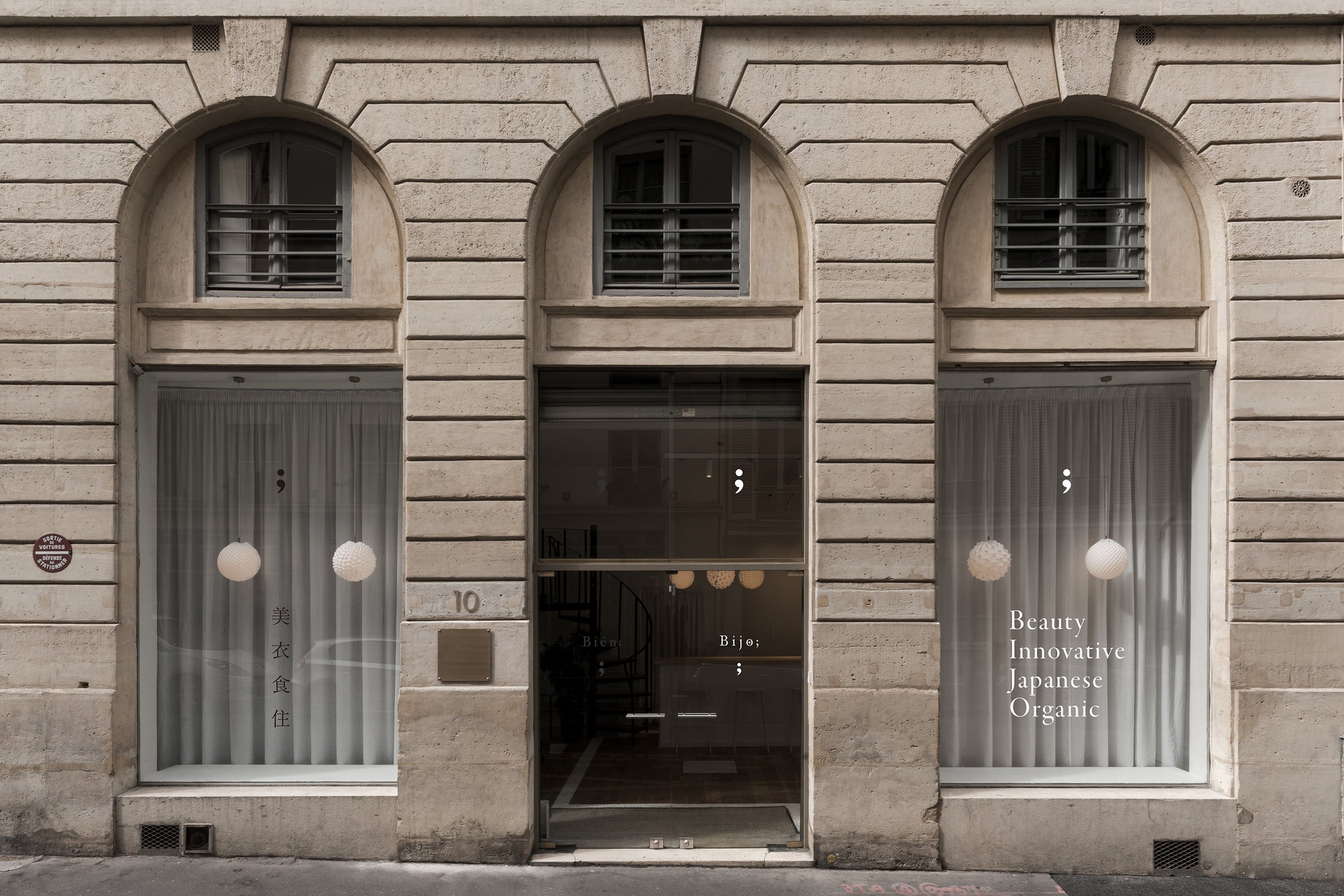We had the honor of receiving Mr. Yohei Tsuji, founder of MISOKA in Paris, and we asked him a few questions about the technology of his revolutionary toothbrushes. MISOKA is an innovative company that offers an innovative approach to improve theoral hygiene.
In this interview, he reveals to us the secrets behind his unique toothbrushes and their dental health benefits.

What happens if tooth brushing is neglected for two weeks?
The neglect of brushing your teeth for two weeks can lead to the formation of tartar, inside which develop biofilm bacteria. When acids from foods like sugar enter, these bacteria release acids which can cause dental caries.
How can tooth decay and gingivitis be avoided?
By adopting a good habit of brushing your teeth, ideally once every two weeks according to this theory, we can prevent the formation of tartar and reduce the risk of cavities and of gingivitis. It is important to note that brushing your teeth should be done effectively to cover all areas, including those that are hard to reach.

Why doesn't this toothbrush need toothpaste?
This toothbrush is designed with bristles coated with a special mineral which makes water more compatible and makes cleaning easier. THE minerals on the hairs help prevent the build-up of dirt on the teeth, which allows self-cleaning prolonged with saliva after morning brushing.
By using the minerals at the ends of the bristles to brush your teeth, the water becomes more easily compatible thanks to the action of these minerals. When water is compatible, it makes cleaning easier, just like detergent. Detergents actually make things easier to clean by making them compatible.

In Japan, there is currently a new generation of bathroom and of bathtubs equipped with a photocatalytic coating. This coating makes dirt easily removable upon simple contact with water, eliminating the need for manual cleaning. We took this mechanism as an example to design our toothbrush. When water becomes compatible, it facilitates the elimination of the dirt. In addition, the minerals present at the ends of the bristles of our toothbrush are deposited on the teeth during brushing. This creates a structure that makes it difficult for dirt to stick to the teeth.

The operating principle of new toilets and bathtubs in Japan is based on water compatibility, thus facilitating the removal of impurities. OUR toothbrush works on a similar principle, providing prolonged self-cleaning using saliva after morning brushing. Thus, a soft feeling is kept on the teeth until the evening after a single morning brushing.
Is there any way to know if teeth are being brushed properly with this brush?
Yes, by distinguishing the smooth areas of the non-smooth areas on the teeth, it is possible to determine which areas are well brushed and which are not. This method makes it possible to verify the effectiveness of the brushing simply using the tactile sensation of the tongue.

